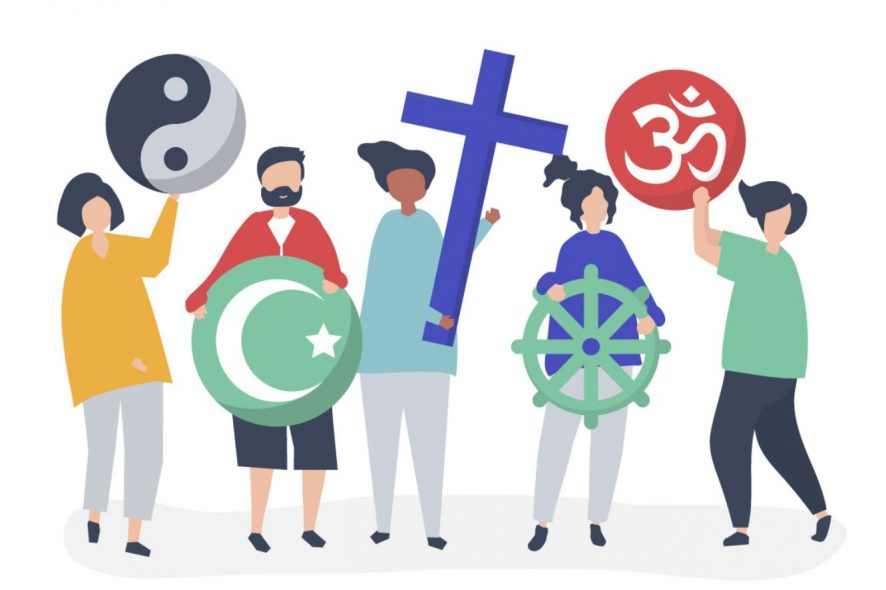
Image Source: Google
Freedom of religion is a fundamental human right that allows individuals to practice their faith, beliefs, and traditions without fear of persecution or discrimination. It is a cornerstone of a democratic society, promoting tolerance, diversity, and understanding among different religious groups. However, the intersection of culture and freedom of religion can sometimes create challenges and conflicts that need to be addressed with sensitivity and respect.
One of the key issues that arise when exploring the intersection of culture and freedom of religion is the clash of values and norms. Different cultures have varying interpretations of what constitutes religious freedom and how it should be practiced. For example, in some cultures, certain religious practices may be considered taboo or offensive, leading to tensions between individuals who want to exercise their freedom of religion and those who feel that it goes against their cultural beliefs. If you want to know more about the freedom of religion, then you can explore this website.
Another challenge that arises is the question of where to draw the line between religious freedom and cultural practices that may infringe upon the rights of others. For example, some religious practices, such as animal sacrifice or wearing certain religious attire, may conflict with laws or regulations that are in place to protect the well-being of individuals or the public interest. In these cases, it becomes necessary to find a balance that respects both the freedom of religion and the cultural norms of society.
One way to address these challenges is through dialogue and education. By fostering open and respectful conversations about the intersection of culture and freedom of religion, individuals can gain a better understanding of each other's perspectives and find common ground. This can help to bridge the gap between different cultural and religious groups and promote harmony and mutual respect in society.
At the heart of finding harmony at this intersection is the recognition that both religious freedom and cultural diversity are valuable and should be protected. When individuals are allowed to practice their faith and express their beliefs without fear of persecution, it creates a more inclusive and tolerant society where different cultures can coexist peacefully. By respecting and celebrating the diversity of beliefs and traditions, we can foster a sense of unity and understanding that transcends cultural boundaries.
Ultimately, finding harmony at the intersection of culture and freedom of religion requires a commitment to upholding the rights and dignity of all individuals, regardless of their beliefs or backgrounds. It involves recognizing the inherent value of diversity and promoting a culture of inclusivity and acceptance in which everyone is free to practice their faith in a way that is meaningful to them.
As we continue to explore the complex relationship between culture and freedom of religion, it is important to approach these discussions with an open mind and a willingness to listen and learn from others. By embracing diversity and celebrating the richness of different cultural and religious traditions, we can create a more harmonious and inclusive society where everyone is free to express their beliefs and live according to their conscience.
In conclusion, finding harmony at the intersection of culture and freedom of religion is an ongoing process that requires patience, understanding, and a commitment to promoting respect and tolerance. By acknowledging the complexities of this intersection and working together to find common ground, we can create a more inclusive and harmonious society where individuals of all backgrounds can thrive and coexist peacefully.